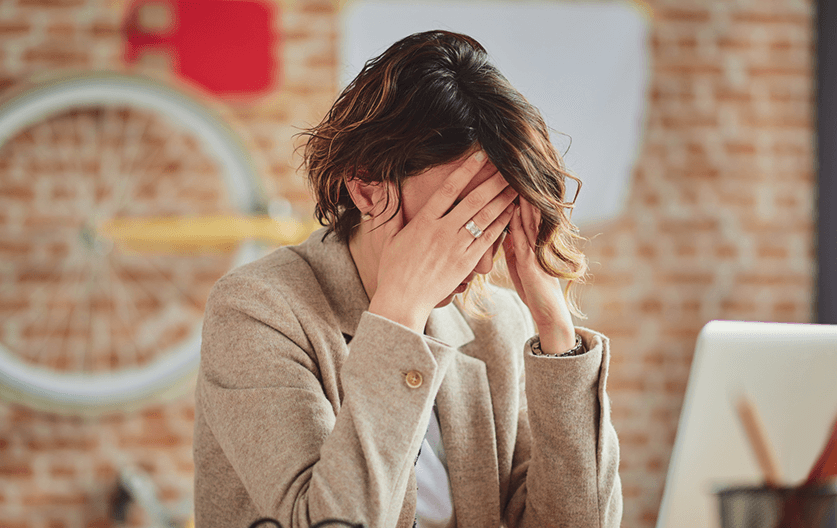
Melatonin is probably the most studied and best understood natural remedy to treat insomnia, and it can be especially useful if you suffer from an initial or sleepy onset, insomnia: difficulty falling asleep.
The hormone, which is found naturally in the body, melatonin is secreted throughout our lives by a tiny body the size of a pea in the center of the brain called the pineal gland. The release of melatonin is controlled by the daily rhythm of your body: your internal 24-hour time tracking system or body clock, which plays an important role in controlling when you fall asleep and when you wake up. Darkness stimulates the release of melatonin and light inhibits its activity.
Although the pineal gland is capable of producing melatonin throughout life, there is evidence that its production slows down as we get older. This may be one of the explanations that young people fall asleep more easily than older people and reinforces the opinion that melatonin may be especially useful as an aid to sleep for older people.
Available in synthesized form
Melatonin, as well as the natural organism, is available today in synthesized form, available through food and pharmacies as a dietary supplement. It can also be purchased as natural melatonin made from the pineal glands of animals, although its purchase in this form is not recommended due to the small risk of transmission of the virus, although significant.
If you are suffering from an initial onset or sleepy, insomnia, you may want to consider melatonin about thirty minutes before bedtime. The dose will vary from person to person, but melatonin is generally available in the form of tablets ranging from 1 mg to 3 mg.

It is recommended to start with a low dose and increase it only when necessary. For many people, a dose of 1 mg is more than enough, and it may seem that starting with half a pill or 0.5 mg, it will work to those not sure whether will melatonin help with anxiety. You should also experiment with time when taking melatonin, although most people think that thirty minutes before sleep will be fine, you may take it a little earlier, perhaps an hour or even two hours before going to bed. is better
Counteract the effects of jet lag
Melatonin can also be extremely useful as a means to counteract the effects of jet lag. It has been shown that for many long-distance air travelers who take a very low dose of melatonin at the beginning of the flight, and a slightly higher dose when lying down in bed has been shown to reduce the effects of insomnia in a jet lag.
Melatonin can also be very useful when it comes to getting away from these long and abusive sleeping pills. Although the benefits of stopping taking a sleeping pill are significant in the long term, short-term failure can increase your sleeping problems. Therefore, one of the ways to help in this process is to replace your sleeping pills with melatonin.
Although melatonin is widely used as a dietary supplement and has been available over the counter for many years, its use is not regulated by any legal authority, and therefore there is no information on its interaction with other medications. Is melatonin good for anxiety? If you really want to use melatonin and are currently taking medication, you should be careful and, if you have any questions, consult your doctor first.
Conclusion
Melatonin is the sleeping pill of nature and helps thousands of people overcome insomnia problems every day. Insomnia is a common problem, but it is also a condition that can be solved with simple natural remedies, including the use of nutritional supplements such as melatonin.
